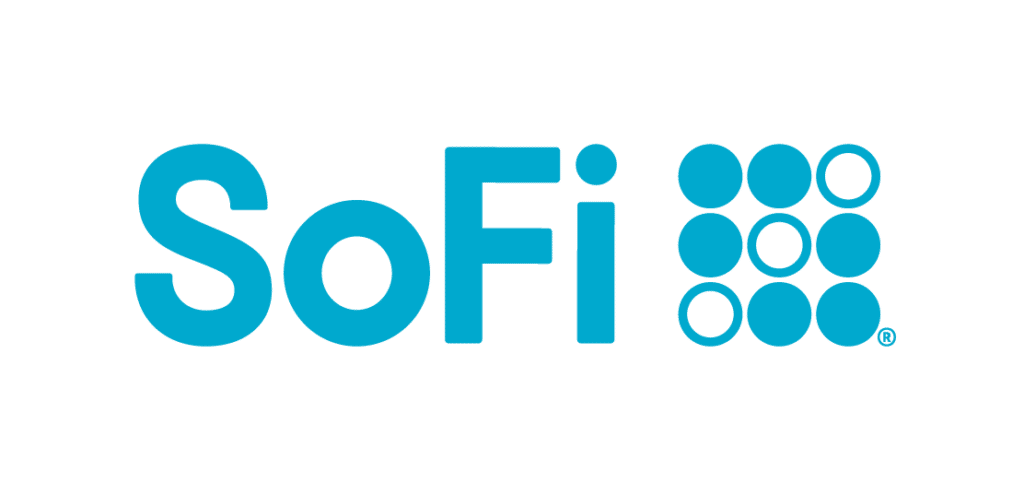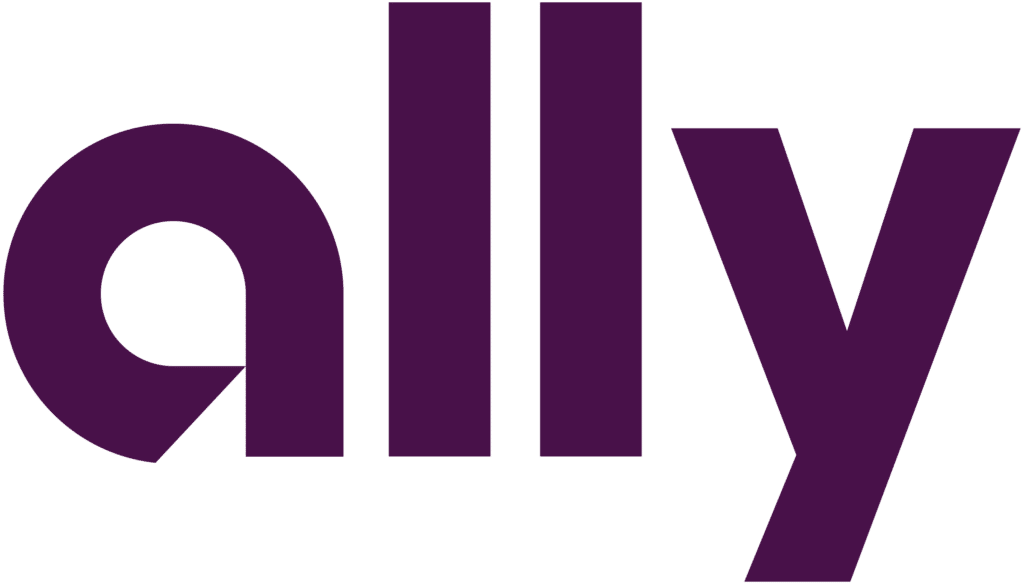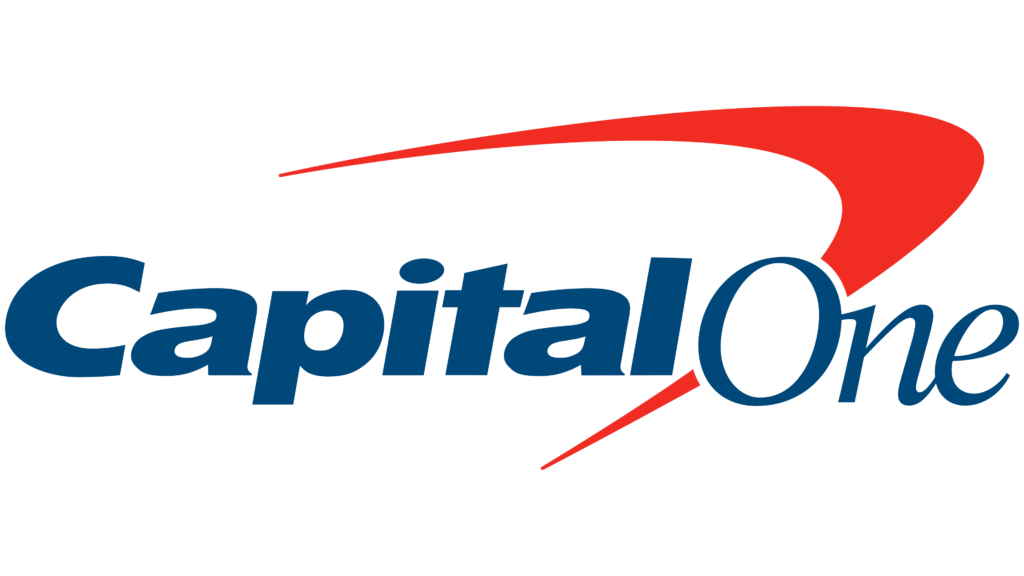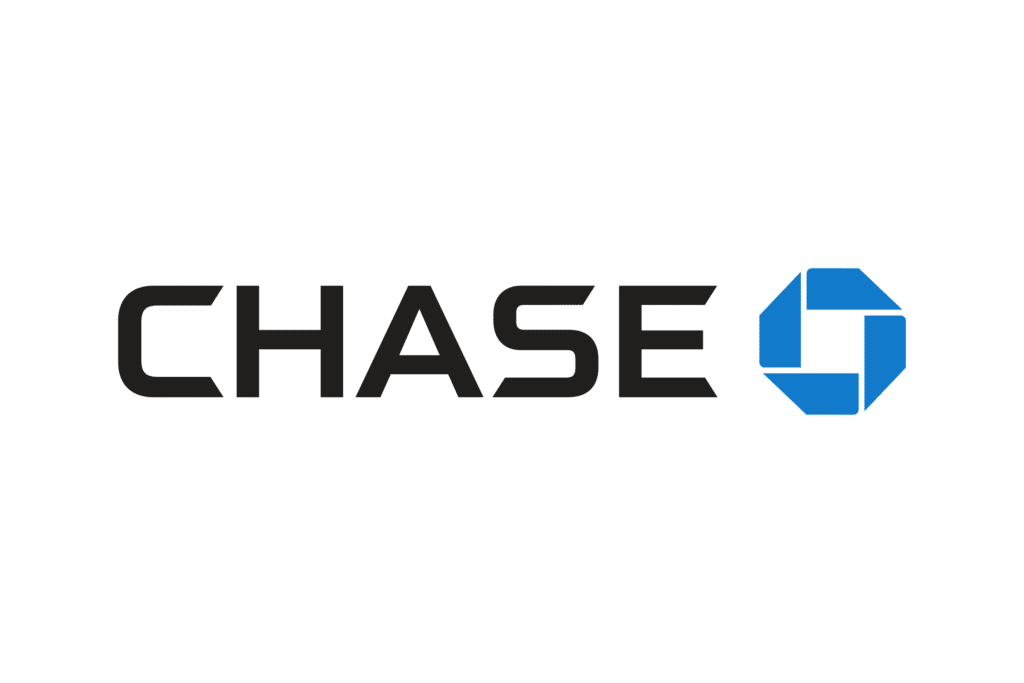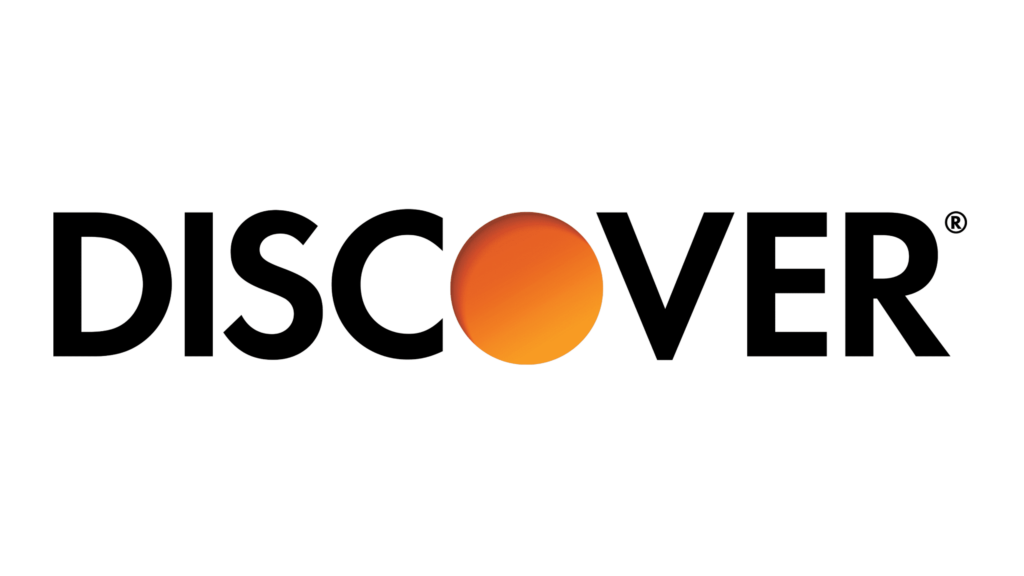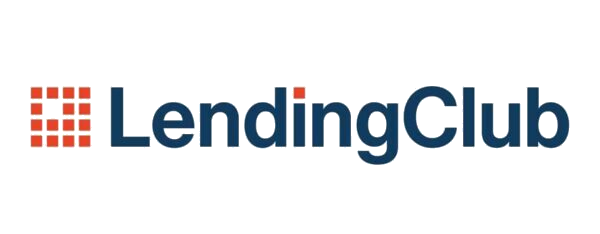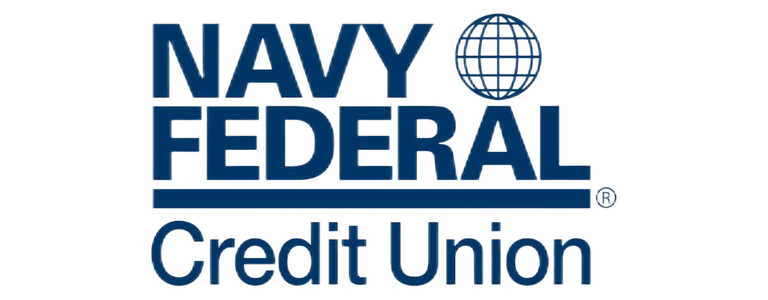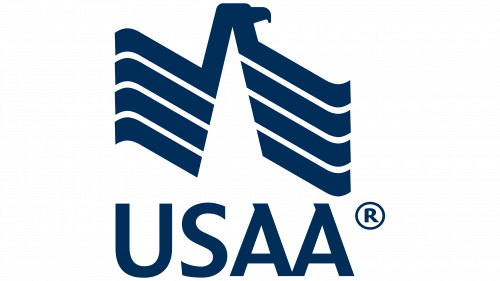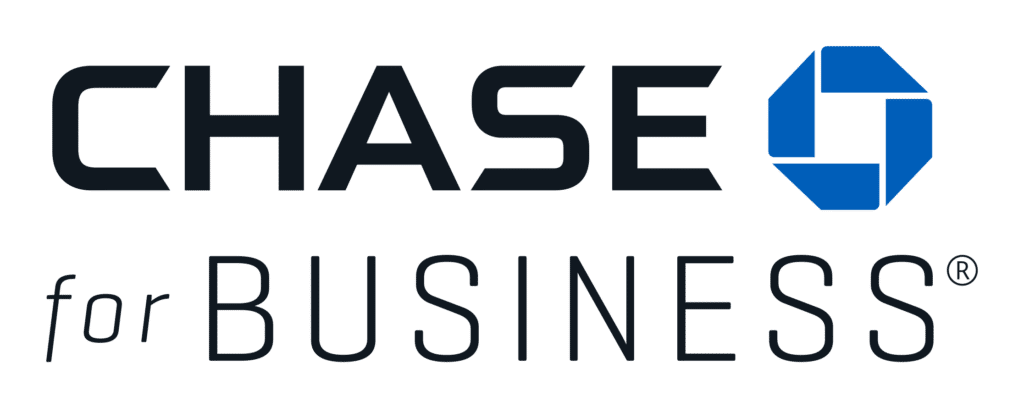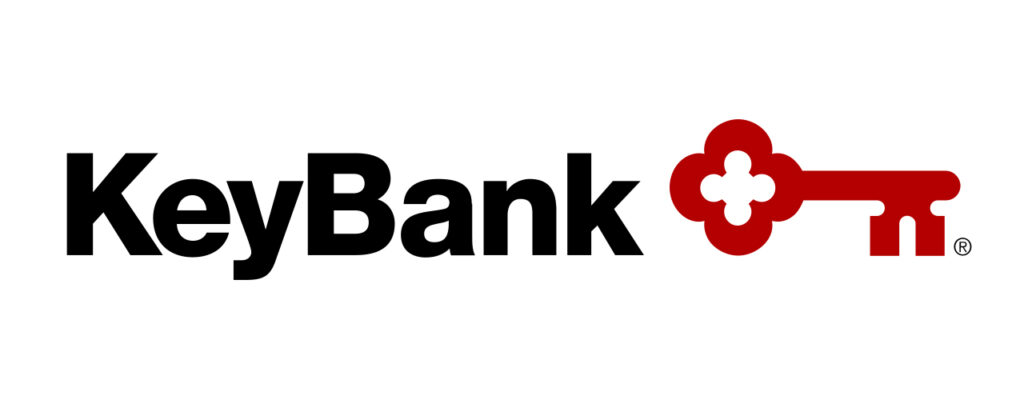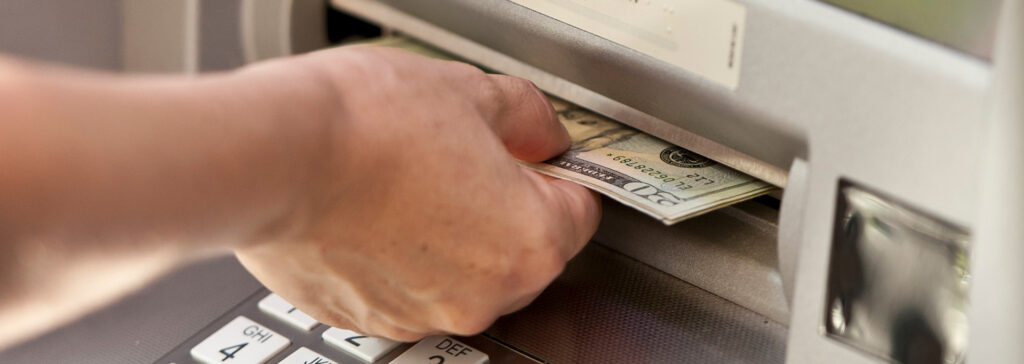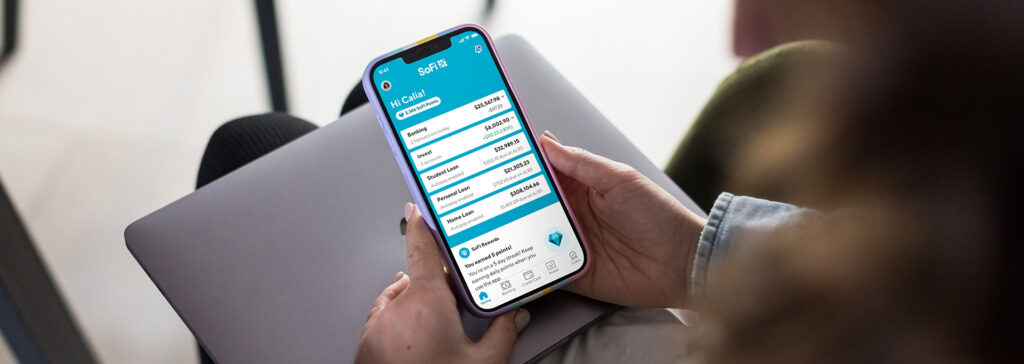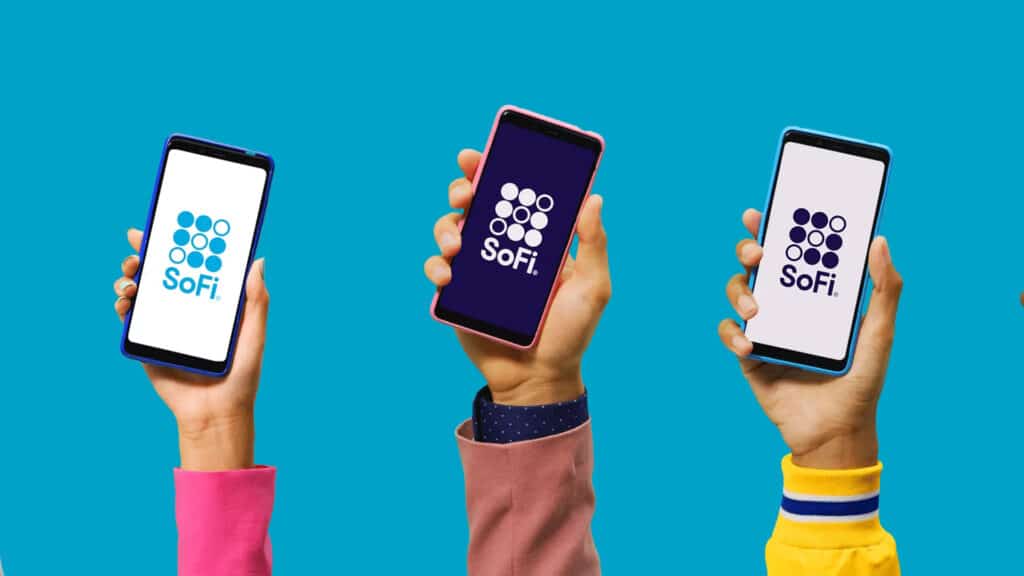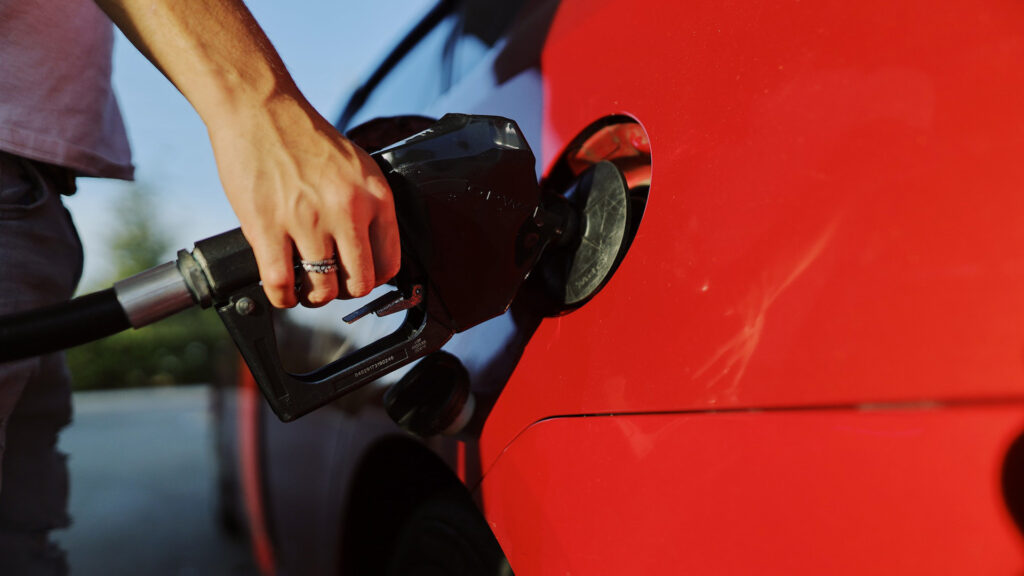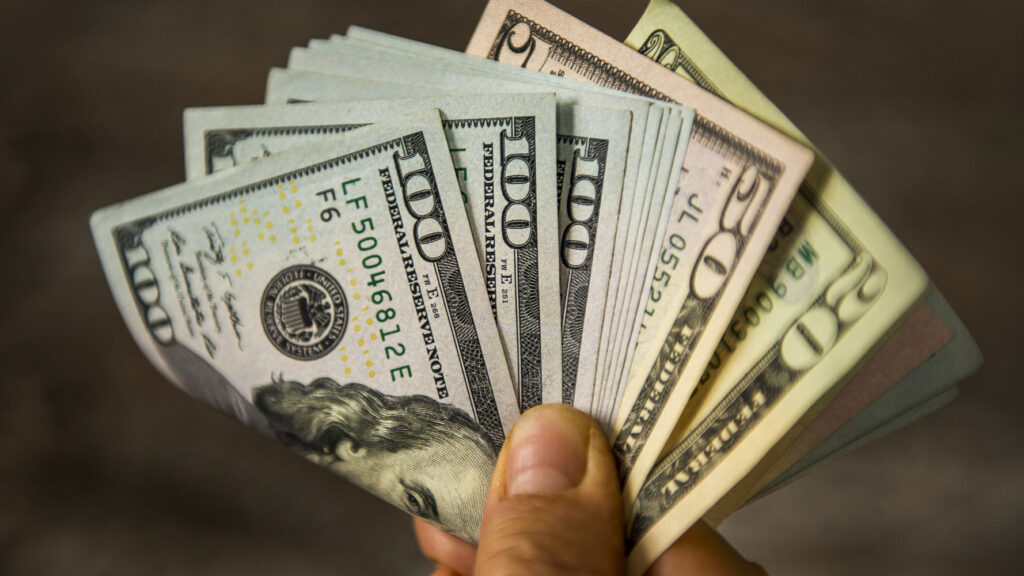Most products on this page are from partners who may compensate us. This may influence which products we write about and where and how they appear on the page. However, opinions expressed here are the author's alone, not those of any bank, credit card issuer, airline or hotel chain. Non-Monetized. The information related to Chase credit cards was collected by Slickdeals and has not been reviewed or provided by the issuer of these products. Product details may vary. Please see issuer website for current information. Slickdeals does not receive commission for these products/cards.
Nobody enjoys waiting for their paycheck, so why not get paid up to two days early? Many banks offer early direct deposit to customers. Early direct deposit was introduced by financial technology firms and mobile banking apps, but it’s become an option with checking accounts at many online banks. Even some credit unions and traditional banks now offer this helpful feature. We've rounded up the best banks that offer early direct deposit and what you need to know.
Best Bank Accounts With Early Direct Deposit
These banks offer early direct deposit if you’re looking to get your paycheck up to two days sooner:
| Bank Account | Early Direct Deposit Estimate | Monthly Maintenance Fee | Learn More |
|---|---|---|---|
|
Member FDIC |
Up to 2 days early6 |
$0 | Open Account |
|
|
Up to 2 days early |
$0 | Open Account |
|
|
Up to 2 days early |
$0 | Open Account |
|
|
Up to 2 days early |
$4.95 with options to waive
$4.95 Monthly Service Fee or $0 when you have $250+ in qualifying electronic deposits during each monthly statement period. |
Open Account |
|
|
Up to 2 days early |
$0 | Open Account |
|
|
Up to 2 days early |
$0 | Open Account |
|
|
Up to 2 days early |
$0 | Open Account |
|
|
Up to 2 days early |
$0 | Open Account |
|
|
Up to 2 days early |
$0 | Open Account |
Banks That Don't Offer Early Direct Deposit
As common as the service is these days, not all banks offer early direct deposit. So if you’re looking to get access to your paycheck a couple days early, be sure to check the fine print before you open an account.
Here are some popular banks that do not offer early direct deposit, though many offer same-day paycheck availability:
- Bank of America
- BMO Bank
- Citi
- U.S. Bank
- Truist Bank
- American Express
How Does Early Direct Deposit Work?
Employers generally submit payroll information to the Federal Reserve two days earlier than payday. The Fed then notifies your financial institution that money is on its way. Banks offering early direct deposit will allow you to receive qualifying direct deposits up to two days early through automated clearing house (ACH) transfers, which is how your employer moves money into your bank account.
If you’re interested in early direct deposit, it’s worth confirming that your bank offers this feature.
How Do I Set Up Early Direct Deposit?
Follow these steps to set up early direct deposit:
- Find an account that offers this feature.
- Ensure you meet any account requirements, such as initial deposit requirements and minimum balance requirements.
- Open the account.
- Complete a direct deposit form and set up direct deposit payments from your employer to that account.
Some banks automatically enroll you in their early direct deposit services, while others require you to sign up for it.
Recommended Bank Bonuses
| Bank Account | Intro Bonus | Minimum Deposit | Learn More |
|---|---|---|---|
|
| $450Expires April 1, 2026
Earn up to $450 when you open a new U.S. Bank Smartly® Checking account and complete qualifying activities. Subject to certain terms and limitations. Offer valid through April 1, 2026. Member FDIC. Offer may not be available if you are an existing U.S. Bank customer or live outside of the U.S. Bank footprint. | $25 | Open Account |
|
Member FDIC | $50 or $300Expires December 31, 2026
New and existing Checking and Savings members who have not previously enrolled in Direct Deposit with SoFi are eligible to earn a cash bonus of either $50 (with at least $1,000 total Eligible Direct Deposits received during the Direct Deposit Bonus Period) OR $300 (with at least $5,000 total Eligible Direct Deposits received during the Direct Deposit Bonus Period). Cash bonus will be based on the total amount of Eligible Direct Deposit. If you have satisfied the Eligible Direct Deposit requirements but have not received a cash bonus in your Checking account, please contact us at 855-456-7634 with the details of your Eligible Direct Deposit. Direct Deposit Promotion begins on 12/7/2023 and will be available through 12/31/2026. Full terms at sofi.com/banking. SoFi Checking and Savings is offered through SoFi Bank, N.A., Member FDIC. SoFi members with Eligible Direct Deposit can earn 3.30% annual percentage yield (APY) on savings balances (including Vaults) and 0.50% APY on checking balances. There is no minimum Eligible Direct Deposit amount required to qualify for the 3.30% APY for savings (including Vaults). Members without Eligible Direct Deposit will earn 1.00% APY on savings balances (including Vaults) and 0.50% APY on checking balances. Interest rates are variable and subject to change at any time. These rates are current as of 12/23/25. There is no minimum balance requirement. Fees may reduce earnings. Additional information can be found at http://www.sofi.com/legal/banking-rate-sheet. | N/A | Open Account |
|
| $300-$500Expires May 14, 2026
Earn up to $500 when you open a new Chase Business Complete Checking® account. For new Chase business checking customers with qualifying activities. | N/A | Open Account |
|
| $300Expires May 22, 2026
Earn $300 after qualified activities until 5.22.26 with the no-monthly-maintenance-fee Key Smart Checking®. Geographic restrictions apply and account opening is subject to approval. Offer is available in these states: AK, CO, CT, ID, IN, ME, MA, MI, NY, OH, OR, PA, UT, VT, WA | $10 | Open Account |
|
| $400Expires April 15, 2026
New Chase checking customers enjoy a $400 bonus when you open a Chase Total Checking® account and make direct deposits totaling $1,000 or more within 90 days of coupon enrollment. | N/A | Open Account |
Do Early Direct Deposit Accounts Have Fees and Limits?
Early pay is generally a free option, but with some accounts, certain fees or limits may apply. For instance, with Chase Secure Banking℠, you’ll pay a $4.95 monthly maintenance fee, although there are ways to have it waived.
Transaction limits may also apply, so be aware of that as you compare options. With the Chime checking account, for example, there’s a $515 daily limit for ATM withdrawals and a $2,500 total daily limit for debit card purchases and withdrawals. Be sure to read the fine print on any prospective accounts before signing up. Doing so will help ensure you understand applicable fees and limits.
How Do I Know If My Bank Has Early Direct Deposit?
As you compare new checking accounts, it's typically easy to tell if a traditional bank, online bank or credit union offers early direct deposit. Most financial institutions will prominently display this information on their websites to help attract account holders. After all, it can be immensely helpful to have access to your earned income sooner than you’d get with another bank.
If your bank doesn’t offer early direct deposit just yet, it may become available down the line as nore institutions add real-time payments to their offerings to address the country’s push toward modern buyer behaviors and faster payment technologies.
 Related Article
Related Article
8 Easiest Bank Accounts You Can Open Online Instantly (2026)
Benefits of Early Direct Deposit
- Quicker access to your earned income: You could get your paycheck up to two days sooner with early direct deposit features.
- Reduced risk of missing bill payments: This may allow you to avoid missing bill payments or making late payments because you didn’t have funds available.
- Reduced risk of overdrafting your checking account: It’s also possible your risk of overdrafting—and overdraft fees—could be reduced with early direct deposit.
- Ability to earn more interest: If your account is interest-bearing, you could earn more interest on your checking balances if your paycheck arrives sooner than usual.
Potential Drawbacks of Early Direct Deposit
- Employer payroll distribution times can vary: While it’s possible your employer files payroll deposits with the Federal Reserve two days sooner than when you receive funds, it’s not always the case. Consider confirming payroll distribution times with your company.
- Paycheck isn’t guaranteed to arrive two days early: If your employer distributes payroll at different times, your paycheck may not consistently arrive a couple of days early.
- Overdraft may occur if you expect to get paid two days early consistently: If you have automatic bill payment set up, it’s possible you may overdraft your checking account balance if you count on early direct deposits each pay period.
What to Look for When Opening a New Account
Beyond an early direct deposit option, you’ll also want to look at other features as you compare checking accounts. Just because an account offers early pay doesn’t mean it’s the best choice for your financial situation. Here’s what to research before moving forward:
- Monthly service fees: Some traditional banks, credit unions and online banks charge monthly service fees that may or may not include early pay. Be sure to look into these costs before opening a new account. Also look into other fees, including overdraft fees.
- Minimum opening deposit requirements: Also review minimum deposit requirements before you move forward. Typically minimum opening deposit requirements are small, but it’s still worth understanding what’s required.
- Minimum balance requirements: Certain banks may also have minimum balance requirements for new checking accounts. For instance, you may need to maintain an average daily balance of $500 in order to earn interest on your money.
- Debit card access: Most checking accounts come with a debit card, but be sure to confirm this if you'd like to make debit card purchases.
- ATM network: Look into each bank’s ATM network. Do they offer convenient ATM access? How about ATM fee refunds for out-of-network ATM use?
- Physical branches: Do you want an in-person banking option or are you 100% comfortable with online banking? Determine if you can visit physical branch locations if that’s important to you.
- Other features and banking products: Are you looking for an all-in-one banking solution? If so, look at whether banks you’re considering offer things like mobile banking apps, mobile deposits, savings accounts, debit cards, credit cards, certificates of deposit and more.
FAQs
-
Employers often submit payroll data to the Federal Reserve early, and The Fed gives your bank a heads up that money is arriving soon via automated clearing house (ACH) transfer. Bank institutions offering early pay services understand that payments are on the way and pass this benefit onto account holders by giving them access to their money sooner.
-
There aren’t typically fees to use early direct deposit, though there may be monthly service fees associated with certain accounts. You may also need to meet minimum balance requirements or other criteria. Research fees and requirements before opening a new checking account.
-
Early direct deposits hit your account up to two days sooner than usual. But this time frame may vary depending on your employer and how they handle payroll.
-
Bank of America doesn’t offer early direct deposit. Many traditional banks have been slower to adopt this convenient feature. Currently, you’ll receive all direct deposits to your Bank of America accounts the day of your scheduled payment. So for instance, if you’re usually paid on a Friday, that’s when your money will arrive.
-
Various financial institutions offer early pay banking services. Financial technology companies and online-only banks were the first to adopt this feature, but it’s become more common at credit unions and even some traditional banks. So if you’re looking for early direct deposit, there’s no shortage of options available to you.
-
Chase does offer an early pay option with its Chase Secure Banking account. You can get access to funds up to two days sooner than you typically would. It also offers helpful features like direct deposit for tax refunds, government benefits, and pensions.
6. SoFi Early Access to Direct Deposit Funds Disclosure: Early access to direct deposit funds is based on the timing in which we receive notice of impending payment from the Federal Reserve, which is typically up to two days before the scheduled payment date, but may vary.

